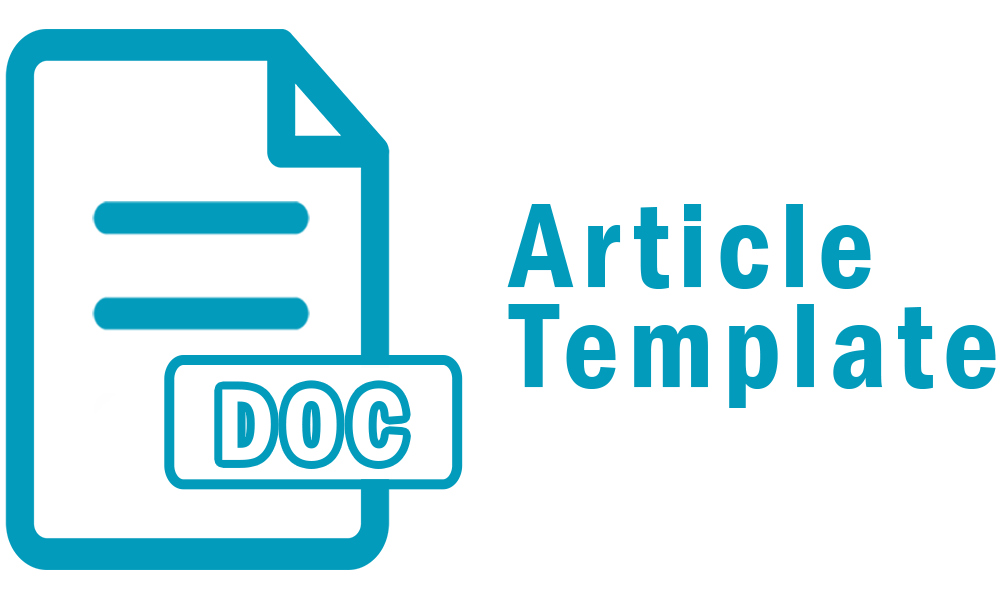The Mechanism for Appointing Educational Leaders in Educational Institutions in the Capital Municipality
DOI:
https://doi.org/10.58963/qausrj.v16i16.285Keywords:
Educational leadership , Favoritism and nepotism , Rule of lawAbstract
This study aimed to explore the mechanism for appointing educational leaders in two educational institutions in the Capital Municipality. The study employed a qualitative research method, selecting a group of teachers and decision-makers from the concerned institutions for data collection through in-depth interviews and document analysis. The study concluded that the appointments of educational leaders heavily rely on favoritism, personal considerations, partisan, sectarian, and regional biases due to the influence of decision-makers, widespread corruption, and the absence of accountability and governance. The results indicated that the underlying reasons for these unlawful appointments include bribery, fraud, and lack of transparency. To mitigate these issues, the study recommended the application of the rule of law and the implementation of deterrent measures against violators, in addition to enhancing transparency and accountability in the appointment process. The study also called for the establishment of objective and precise scientific standards for appointing educational leaders to ensure merit and competence in educational leadership.
Downloads
References
أبو زيد، ر. أ. م. (2008). مدى تطبيق معايير الجدارة في اختيار المديرين في مراكز الوزارات في الأردن. المجلة الأردنية في إدارة الأعمال، 4(1).
Abu Zaid, R. A. M. (2008). The extent of applying merit standards in selecting managers in ministry centers in Jordan. Jordanian Journal of Business Administration, 4(1).
أبو زينة، ف. ك. وآخرون. (2007). مناهج البحث العلمي، طرق البحث النوعي (ط2). عمان: دار المسيرة.
Abu Zeina, F. K., et al. (2007). Research Methods, Qualitative Research Methods (2nd ed.). Amman: Dar Al-Maseera.
السيد، س. (2010). مفهوم ثقافة احترام القانون ودور الإعلام في نشرها. Retrieved from http://www.lawfulculture.net/legalculture/ArticleEN_Inner.aspx?ArticleID=45
El-Sayed, S. (2010). The concept of the culture of respect for the law and the role of media in spreading it. Retrieved from http://www.lawfulculture.net/legalculture/ArticleEN_Inner.aspx?ArticleID=45
شافي، ع. ج. م. ع. (2010). اختيار وتدريب القيادات التربوية بوزارة التربية والتعليم والشباب بدولة الإمارات. Retrieved from http://www.alittihad.ae/details.php?id=85512&y=2006
Shafi, A. J. M. A. (2010). Selection and training of educational leaders at the Ministry of Education and Youth in the UAE. Retrieved from http://www.alittihad.ae/details.php?id=85512&y=2006
عبدالسلام، الفاتح عبد الله. (2011). التعددية السياسية والحزبية من منظور إسلامي. Retrieved from http://www.islameiat.com/Pages/Subjects/Default.aspx?id=13856&cat_id=10
Abdelsalam, F. A. (2011). Political and partisan pluralism from an Islamic perspective. Retrieved from http://www.islameiat.com/Pages/Subjects/Default.aspx?id=13856&cat_id=10
علال، خ. ك. (2008). التعصب المذهبي في التاريخ الإسلامي. Retrieved from http://www.elyahyaoui.org/taassoub_madhabi.htm
Allal, K. K. (2008). Sectarian fanaticism in Islamic history. Retrieved from http://www.elyahyaoui.org/taassoub_madhabi.htm
العويد، م. ط. (2013). الحوكمة تتطلب تطبيق الشفافية والإفصاح والمساءلة. صحيفة الرياض. Retrieved from http://www.alriyadh.com/807654
Al-Owaid, M. T. (2013). Governance requires the application of transparency, disclosure, and accountability. Al-Riyadh Newspaper. Retrieved from http://www.alriyadh.com/807654
الغيص، خ. ب. ص. (2011). القيادة الإدارية والإصلاح الإداري. Retrieved from http://islamselect.net/mat/7470
Al-Ghais, K. B. S. (2011). Administrative leadership and administrative reform. Retrieved from http://islamselect.net/mat/7470
الكريباني، س. (2010). معايير اختيار القيادات الإدارية في المؤسسات الحكومية. Retrieved from http://www.f-law.net/law/archive/index.php/t-10829.html
Al-Karibani, S. (2010). Standards for selecting administrative leaders in government institutions. Retrieved from http://www.f-law.net/law/archive/index.php/t-10829.html
الشاطر، ع. ح. (2013). التسوية السياسية.. والشراكة الوطنية. صحيفة الرياض اليومية. Retrieved from http://www.alriyadh.com/807654
Al-Shater, A. H. (2013). Political settlement... and national partnership. Al-Riyadh Daily Newspaper. Retrieved from http://www.alriyadh.com/807654
الكريباني، م. س. (2010). معايير اختيار القيادات الإدارية في المؤسسات الحكومية. ملخص رسالة دكتوراه غير منشورة. Retrieved from http://www.startimes.com/f.aspx?t=31893035
Al-Karibani, M. S. (2010). Standards for selecting administrative leaders in government institutions. Unpublished doctoral dissertation summary. Retrieved from http://www.startimes.com/f.aspx?t=31893035
ناصر، ز. م. ق. (2008). مدى توفر معايير اختيار مديري المدارس الثانوية في محافظة عدن من المنظور الإسلامي من وجهة نظر مديري التربية والموجهين والمعلمين. Retrieved from http://www.yemen-nic.info/contents/studies/detail.php?ID=18956
Nasser, Z. M. Q. (2008). The availability of standards for selecting secondary school principals in Aden Governorate from an Islamic perspective from the viewpoint of education directors, supervisors, and teachers. Retrieved from http://www.yemen-nic.info/contents/studies/detail.php?ID=18956
وزارة التربية والتعليم. (1997). اللائحة المدرسية (ط1). صنعاء: مركز التربية.
Ministry of Education. (1997). School regulations (1st ed.). Sana'a: Education Center.
وزارة الشؤون القانونية. (2010). تشريعات الخدمة المدنية (ط4). صنعاء: مطابع التوجيه.
Ministry of Legal Affairs. (2010). Civil Service Legislation (4th ed.). Sana'a: Al-Tawjeeh Press.
وزارة الشؤون القانونية. (2013). تشريعات التربية والتعليم (ط1). صنعاء: مطابع التوجيه.
Ministry of Legal Affairs. (2013). Education Legislation (1st ed.). Sana'a: Al-Tawjeeh Press.
وزارة الشؤون القانونية. (2013). تشريعات السلطة المحلية (ط5). صنعاء: مطابع التوجيه.
Ministry of Legal Affairs. (2013). Local Authority Legislation (5th ed.). Sana'a: Al-Tawjeeh Press.
Downloads
Published
Issue
Section
Categories
License
Copyright (c) 2016 the Author(s).

This work is licensed under a Creative Commons Attribution 4.0 International License.












